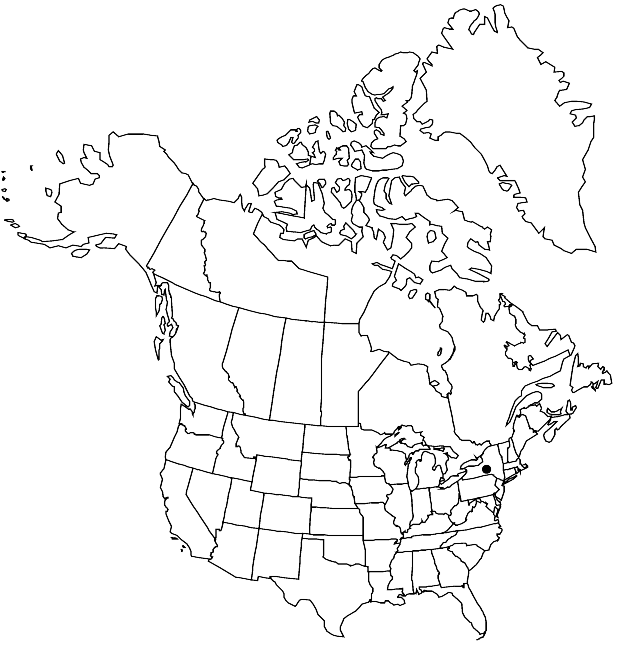Difference between revisions of "Aurinia petraea"
Enum. Pl. Transsilv., 61. 1866.
imported>Volume Importer |
imported>Volume Importer |
||
| Line 56: | Line 56: | ||
|publication year=1866 | |publication year=1866 | ||
|special status=Introduced | |special status=Introduced | ||
| − | |source xml=https:// | + | |source xml=https://bitbucket.org/aafc-mbb/fna-data-curation/src/2e0870ddd59836b60bcf96646a41e87ea5a5943a/coarse_grained_fna_xml/V7/V7_326.xml |
|tribe=Brassicaceae tribe Alysseae | |tribe=Brassicaceae tribe Alysseae | ||
|genus=Aurinia | |genus=Aurinia | ||
Latest revision as of 23:32, 5 November 2020
Plants slightly woody at base; finely stellate-pubescent. Stems: usually several, 1.5–6 dm. Basal leaves: petiole 0.3–2.5(–3.5) cm; blade obovate-oblong, 2.5–8 cm × 3–10 mm, base cuneate to attenuate, margins entire, sinuate, or pinnatifid, apex acute or obtuse, surfaces densely pubescent. Cauline leaves: blade oblanceolate to linear. Racemes considerably elongated in fruit. Fruiting pedicels 3–8 mm. Flowers: sepals yellowish, 1.5–2 × 0.5–1 mm, scarious at margins, finely pubescent; petals 3–4.5 × 1.2–2 mm, attenuate to clawlike base; filaments with basal wing or appendage to 0.5 mm, 1.2–2 mm; anthers 0.3–0.5 mm. Fruits divaricate-ascending, ellipsoid to obovoid, inflated at middle, slightly flattened at margin, 3–6 × 2–4 mm; style slender. Seeds winged throughout, 1.5–1.8 mm diam.; wing 0.1–0.3 mm wide. 2n = 16.
Phenology: Flowering May–Jul.
Habitat: Cliffs, gorges, rocky slopes
Distribution

Introduced; N.Y., s Europe.
Discussion
Aurinia petraea is cultivated as an ornamental and is known to be naturalized in the gorge, Oneida (near Trenton Falls) and Ulster counties.
Selected References
None.